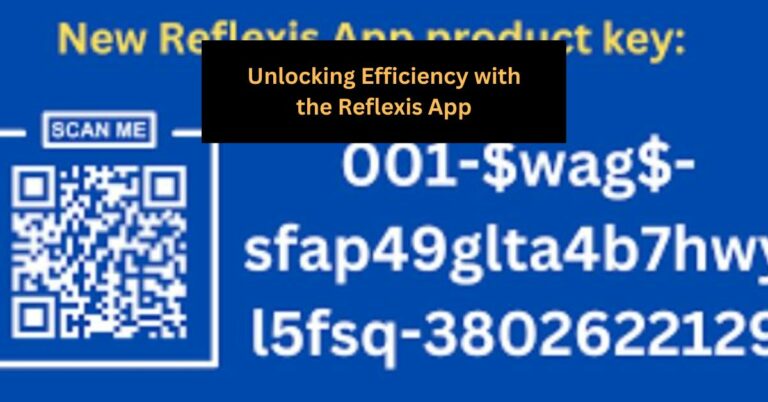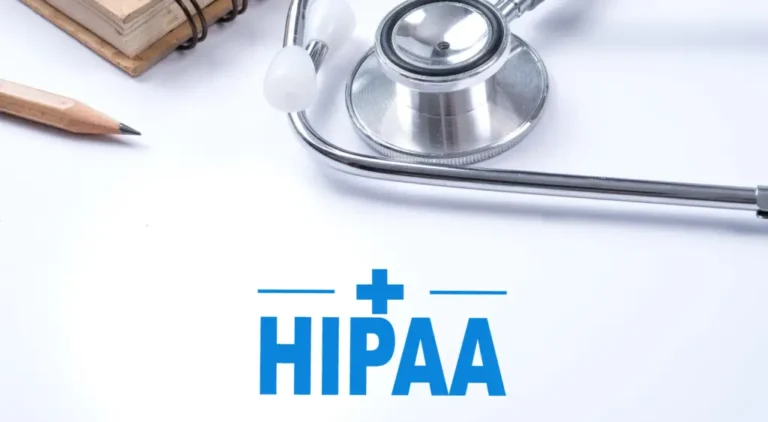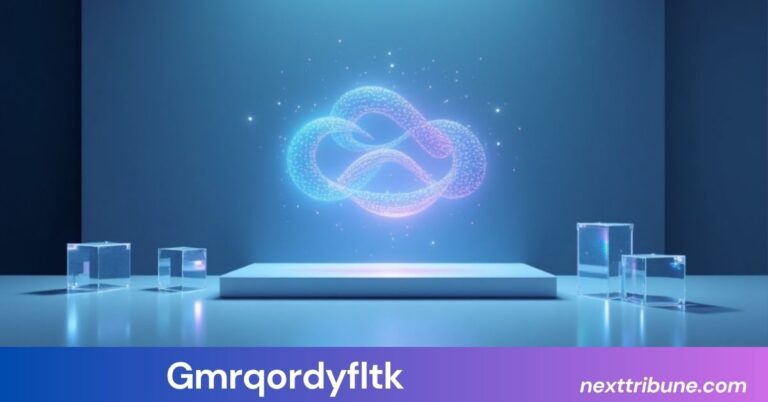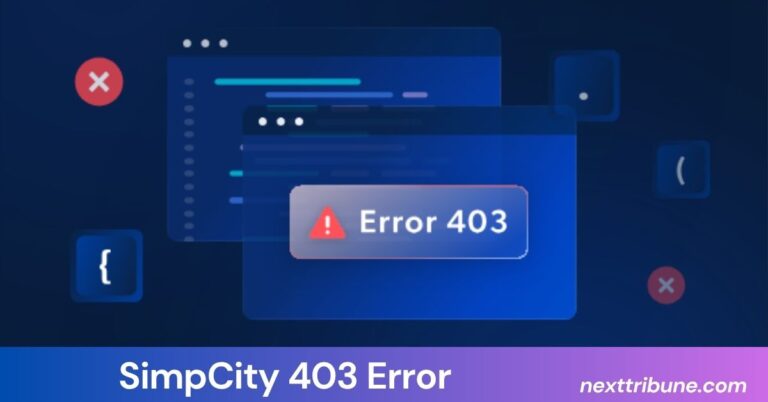
In today’s rapidly evolving world, education needs to move beyond traditional frameworks and embrace diverse forms of knowledge and skills.
This is where the concept of 11520 education emerges as a transformative approach. Going beyond mere academic understanding, 11520 education emphasizes the development of intellectual, interpersonal, intrapersonal, inquiry, information, and technological skills.
This article delves into the intricacies of 11520 education, exploring its historical context, current status, key components, and global perspectives.
Understanding 11520 Education:
The 11520 framework comprises:
- Intellectual Skills: Critical thinking, problem-solving, creativity, and innovation.
- Interpersonal Skills: Communication, collaboration, teamwork, and leadership.
- Intrapersonal Skills: Self-awareness, self-management, resilience, and motivation.
- Inquiry Skills: Curiosity, questioning, research, and analysis.
- Information Skills: Literacy, research, critical evaluation, and synthesis.
- Technological Skills: Digital literacy, information communication technology (ICT) fluency, and responsible technology use.
Historical Evolution of 11520 Education:
The seeds of 11520 education were sown during the early 20th century through progressive education movements advocating for holistic learning.
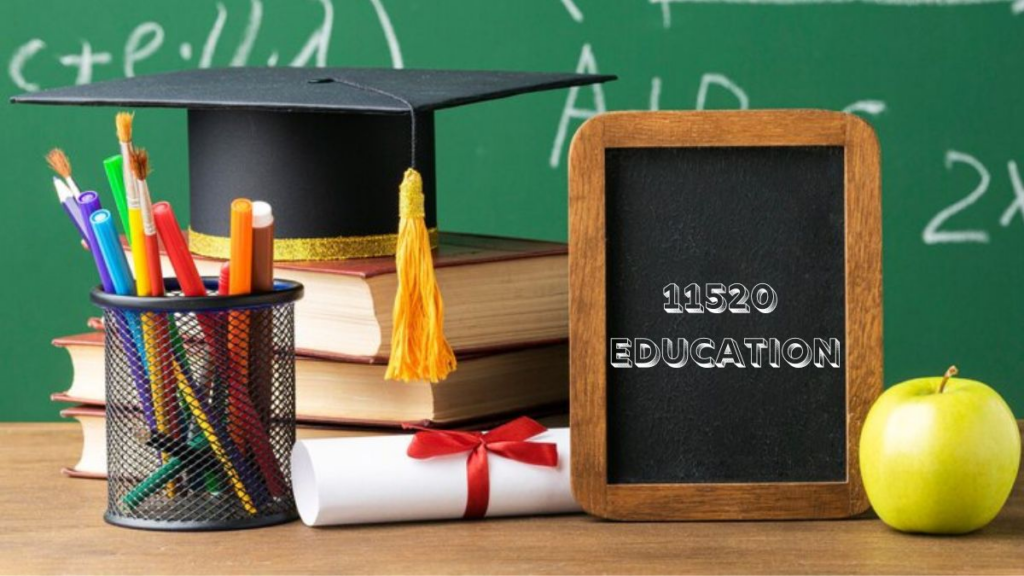
Over time, various frameworks and theories, such as Howard Gardner’s multiple intelligences, Bloom’s Taxonomy, and Daniel Goleman’s emotional intelligence, contributed to solidifying the importance of various skill sets beyond traditional academics.
Current Scenario of 11520 Education:
The need for 11520 education is gaining increasing recognition, driven by factors like:
- Evolving job market: Employers demand graduates with strong 21st-century skills.
- Rapid technological advancements: Adaptability and digital literacy are crucial.
- Complex global challenges: Collaboration, critical thinking, and innovation are necessary to address contemporary issues.
However, integrating 11520 principles into traditional education systems poses challenges, including:
- Teacher training and resources: Educators need support in implementing effective practices.
- Assessment and evaluation: Measuring 11520 skills beyond standardized tests is complex.
- Curricular reforms: Traditional curriculums often prioritize academic content over skill development.
Also Read: WHAT IS COOMER PARTY: COMPLETE GUIDE!
Key Components of 11520 Education:
To successfully implement 11520 education, schools and educators need to focus on:
- Project-based learning: Active engagement in real-world projects fosters holistic development.
- Differentiated instruction: Personalized learning caters to individual strengths and needs.
- Collaborative learning: Teamwork and communication skills are honed through collaborative activities.
- Technology integration: Technology supports personalized learning and skill development.
- Authentic assessment: Various methods to evaluate the full range of skills learned.
Importance in Today’s World:
In today’s interconnected and rapidly changing world, 11520 education equips individuals with the necessary skills to navigate complex challenges and thrive in diverse environments. It fosters:
- Lifelong learners: Adaptability and continuous learning become ingrained habits.
- Effective communicators and collaborators: Teamwork and communication skills are essential for success in any field.
- Critical thinkers and problem solvers: Ability to analyze information and solve complex problems effectively.
- Responsible digital citizens: Understanding and ethical use of technology in a digital world.
- Globally minded individuals: Cultural sensitivity and awareness of global issues.
Benefits and Challenges of 11520 Education:
Benefits:
- Enhanced employability and career success.
- Improved critical thinking and problem-solving skills.
- Fosters personal growth and development.
- Prepares individuals for a rapidly changing world.
- Promotes collaboration and teamwork.
Challenges:
- Implementing effective teaching practices.
- Changing traditional assessment methods.
- Overcoming resource limitations.
- Addressing resistance from stakeholders.
Role of Technology in 11520 Education:
Technology plays a crucial role in 11520 education by:
- Providing access to diverse learning resources and experiences.
- Enabling personalized learning and differentiated instruction.
- Facilitating collaboration and communication.
- Assessing and tracking learning progress.
- Promoting creativity and innovation through immersive and interactive tools.
However, it’s essential to address concerns regarding digital equity, responsible technology use, and maintaining human connection in learning.
Global Perspectives on 11520 Education:
The concept of 11520 education is gaining traction globally, with countries like Finland, Singapore, and South Korea leading the way in integrating these principles into their education systems.

However, cultural contexts and educational challenges vary across different regions, necessitating adaptations and localized approaches to successfully implement 11520 education. International collaboration and sharing of best practices can accelerate the global adoption of this transformative approach.
Also Read: DÉCOUVRIR LES SECRETS DE TINRENT : MAÎTRISEZ CE CONJUGUE CLÉ DU VERBE TENIR
Future Trends in 11520 Education:
Emerging trends like artificial intelligence, personalized learning platforms, and immersive learning experiences hold immense potential for further enhancing 11520 education.
The future lies in embracing these advancements while ensuring equitable access and ethical development and utilization of technology.
Addressing Misconceptions About 11520 Education:
Critics often misinterpret 11520 education as neglecting academic knowledge or promoting mediocrity. On the contrary, it emphasizes building a strong foundation in core subjects while simultaneously developing essential skills for real-world application and lifelong learning.
11520 education equips individuals to succeed not just in traditional academic pathways but also in diverse fields requiring collaboration, creativity, and critical thinking.
How to Get Started with 11520 Education:
Schools and educators can take action by:
- Conducting needs assessments to identify current skill gaps and strengths.
- Engaging in professional development opportunities to learn about implementing 11520 principles.
- Piloting new approaches in classrooms, starting with small projects and gradually scaling up.
- Building partnerships with parents and communities to create a supportive learning environment.
- Utilizing online resources and networks dedicated to 11520 education.
Success Stories in 11520 Education:
Several schools and programs worldwide have successfully implemented 11520 principles, witnessing improved student engagement, academic performance, and preparation for future careers.
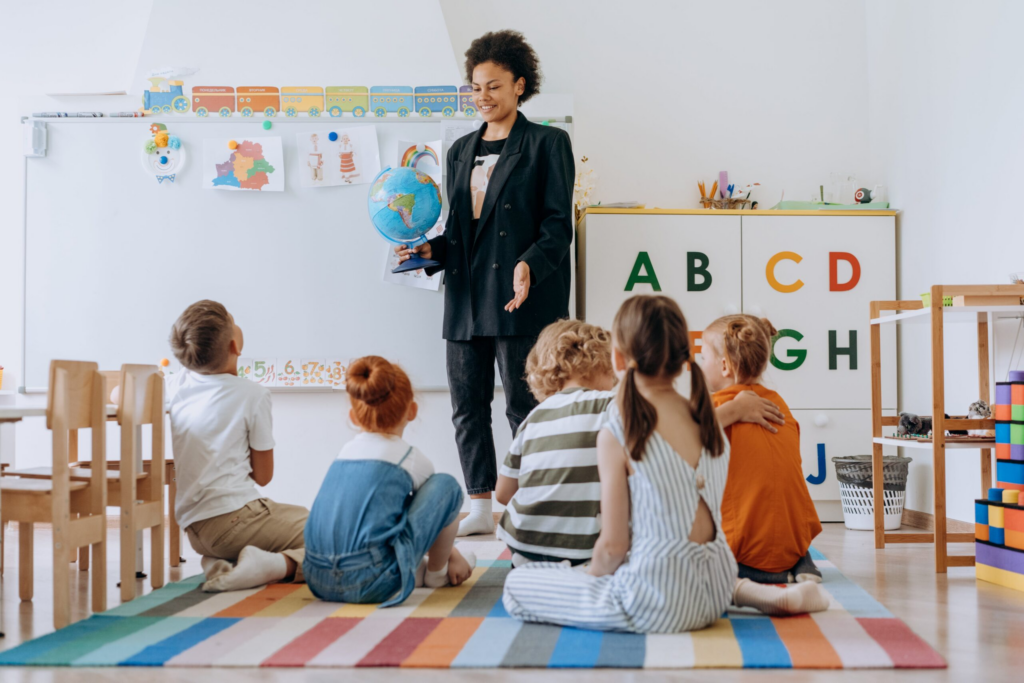
Examples include Finland’s emphasis on student agency and project-based learning, and Singapore’s Makerspace initiative fostering creativity and innovation.
These success stories provide valuable insights and inspiration for others embarking on the journey of 11520 education.
Conclusion:
11520 education stands at the forefront of a transformative movement in education. By shifting the focus towards holistic development and essential 21st-century skills, it equips individuals to thrive in the complexities of the modern world.
Embracing this approach requires ongoing collaboration, innovation, and commitment from educators, policymakers, parents, and the community at large.
As we move forward, the potential of 11520 education lies in not only shaping individuals for success but also creating a future where lifelong learning, adaptability, and collaboration form the cornerstone of a thriving society.
FAQ’s:
Q1: What’s the difference between 11520 education and traditional education?
Traditional education focuses primarily on academic content, while 11520 education emphasizes skill development alongside academics, including critical thinking, communication, and digital literacy.
Q2: Is 11520 education just for tech-savvy kids?
No, it’s for everyone! The skills learned in 11520 education are essential for success in any field, from STEM to arts and social sciences.
Q3: Does 11520 education replace traditional subjects like math and science?
Absolutely not! It builds upon a strong foundation in core subjects while enriching learning with real-world application and diverse skill development.
Q4: How can I get my child started with 11520 education?
Talk to their school about incorporating these principles, encourage project-based learning at home, and explore online resources and programs focused on 11520 skills.
Q5: What are some examples of 11520 education in action?
Schools using project-based learning, incorporating technology with creative tools, and encouraging collaboration through interdisciplinary activities.
Q6: Will 11520 education make traditional tests obsolete?
Not entirely, but it emphasizes diversifying assessment methods to evaluate the full range of skills learned, including collaboration, problem-solving, and critical thinking.
Q7: What are the biggest challenges to implementing 11520 education?
Teacher training, changing traditional assessment methods, and ensuring equitable access to technology and resources are some key challenges to overcome.
